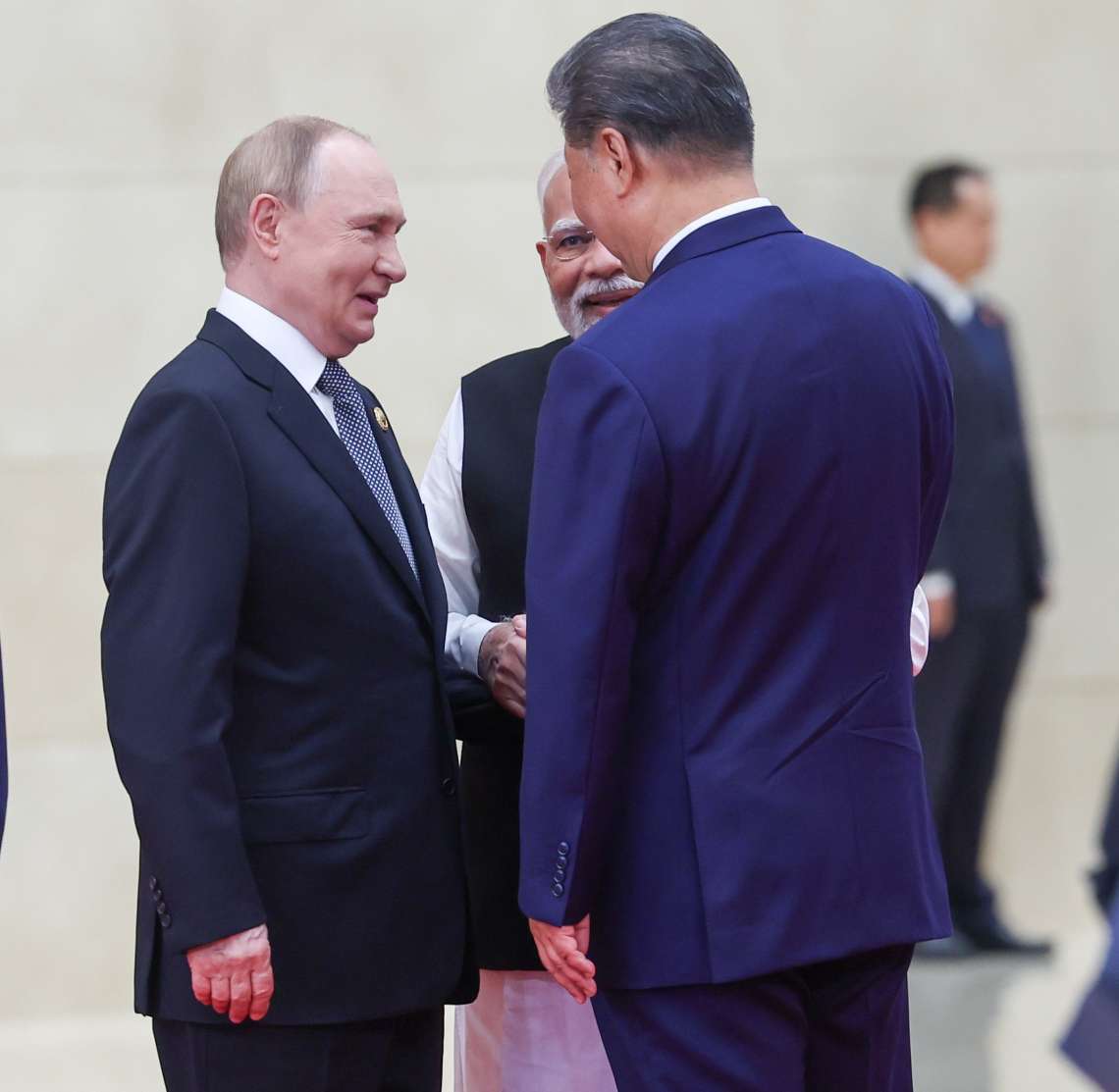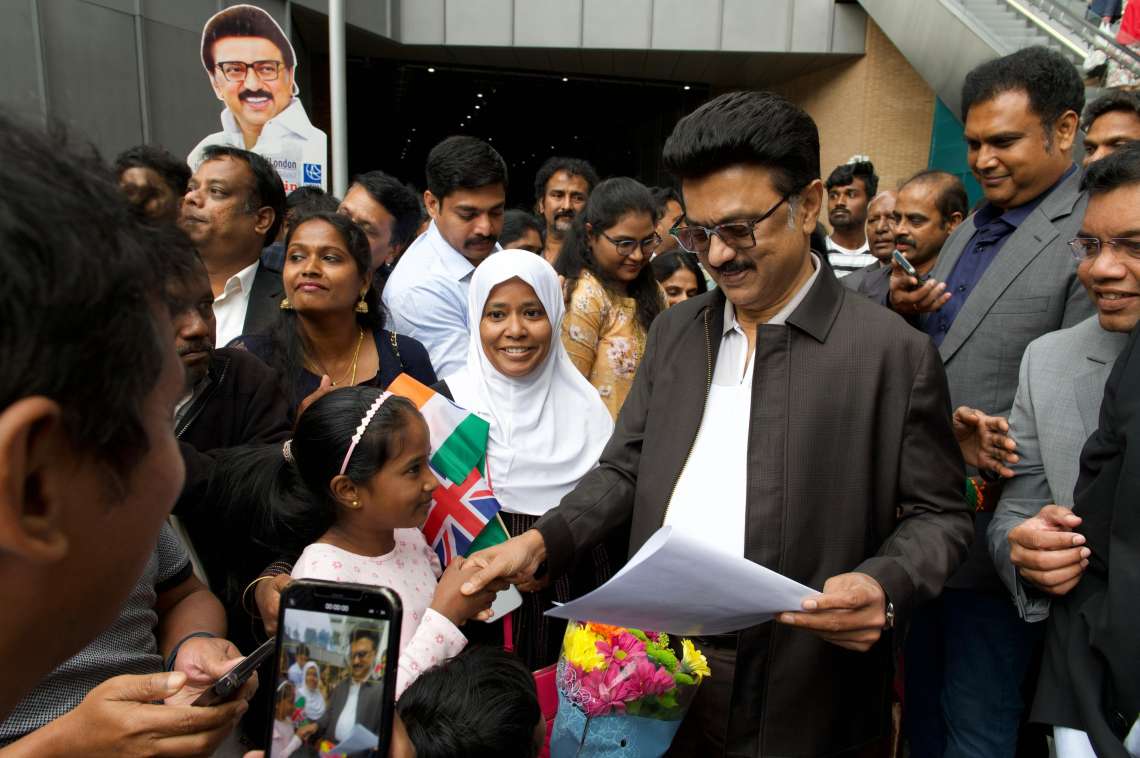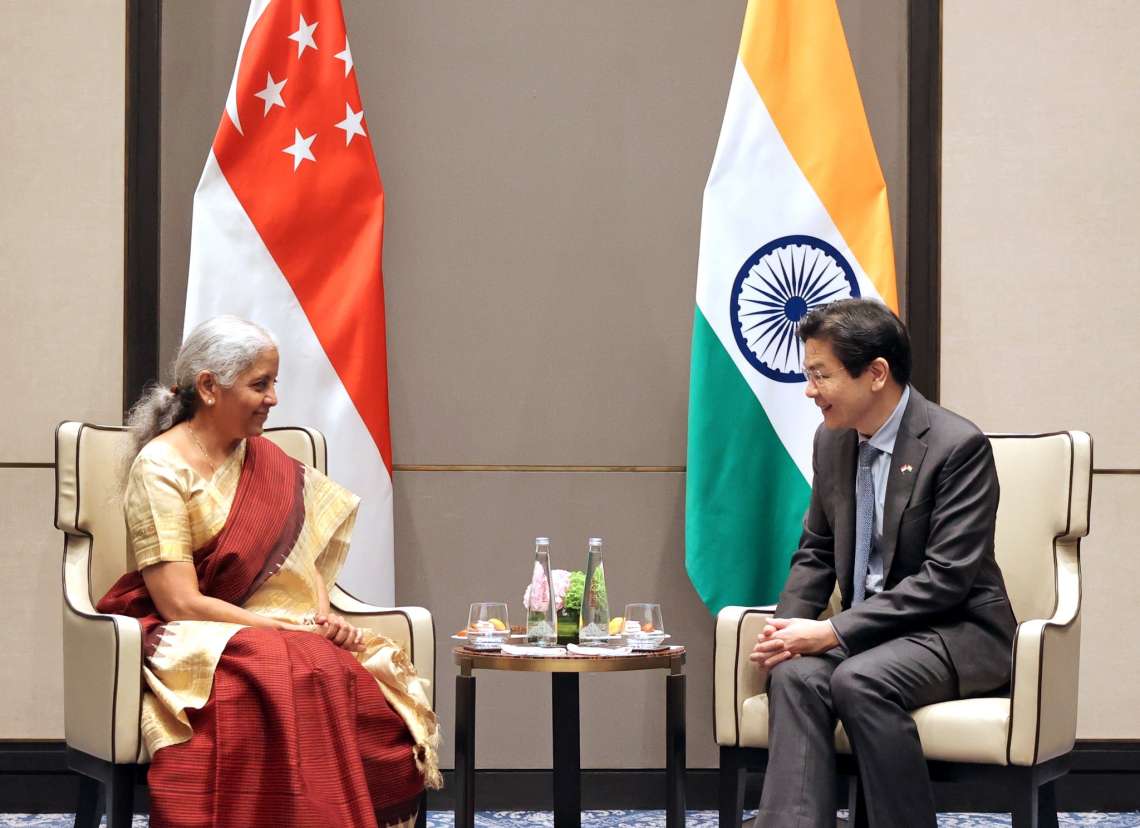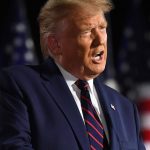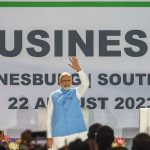Trump’s trade adviser Peter Navarro denounced PM Modi’s decision to meet with the two leaders, whom he labelled “the world’s biggest authoritarian dictators.”…reports Asian Lite News
The latest Shanghai Cooperation Organisation (SCO) summit in China has left India caught in the crossfire of sharp criticism from Washington, as White House trade adviser Peter Navarro launched another attack on Prime Minister Narendra Modi for engaging with Russian President Vladimir Putin and Chinese President Xi Jinping.
Speaking to reporters, Navarro denounced Modi’s decision to meet with the two leaders, whom he labelled “the world’s biggest authoritarian dictators.” The Trump-era adviser claimed it was “a shame” for the world’s largest democracy to “get in bed” with leaders whose governance models starkly contrast with democratic values.
“It was a shame to see Modi getting in bed as a leader of the biggest democracy in the world with the two biggest authoritarian dictators in the world – Putin and Xi Jinping. That doesn’t make any sense. I am not sure what he’s thinking. We hope he comes around to seeing that he needs to be with us, Europe and Ukraine, not Russia,” Navarro said.
This is not the first time Navarro has criticised India’s foreign policy direction. His remarks follow an earlier outburst after Modi held a bilateral meeting with Xi Jinping in Tianjin. At the time, Navarro framed India’s ties with Russia and China as a betrayal of democratic principles. “So, you know, look, Modi’s a great leader… But I don’t understand why he’s getting into bed with Putin and Xi Jinping when he’s the leader of the biggest democracy in the world. I would just simply say to the Indian people – please, understand what’s going on here. You’ve got Brahmins profiteering at the expense of the Indian people. We need that to stop,” he had said.
Navarro’s rhetoric comes against the backdrop of growing trade friction between Washington and New Delhi. The US has imposed a 50 per cent tariff on Indian goods, coupled with a 25 per cent penalty for India’s continued purchase of discounted Russian crude oil.
Modi’s Defence at SCO
At the SCO summit, Prime Minister Modi emphasised India’s long-standing position that connectivity is essential to fostering trust and prosperity among member states. “India has always believed that strong connectivity not only boosts trade but also opens doors to growth and trust,” Modi said in his address.
While Modi spoke of regional cooperation, Putin pushed for the SCO to play a role in building a “new Eurasian security system” that challenges Eurocentric and Atlantic-led frameworks. “The SCO is steadily increasing its influence in addressing international issues. National currencies are being used more widely in mutual settlements for trade among SCO countries. The pace of development of cooperation within the SCO is impressive,” Putin asserted.
Chinese President Xi Jinping, meanwhile, called upon the SCO to stand for “fairness and justice” and deepen coordination among its members, further signalling Beijing’s intent to use the grouping to expand its regional influence.
Divisions in Washington Over India
Navarro’s blunt words contrast sharply with other voices in the US establishment, who view India as an indispensable partner despite disagreements. Former US National Security Adviser Jake Sullivan, in a separate interview with MeidasTouch Network, argued that former President Donald Trump had “thrown away” America’s relationship with India in favour of Pakistan, driven by personal business interests.
“US has worked to build a relationship with India, a country that we should be aligned with on technology, talent, economics and so many issues. And align with dealing with strategic threats from China. Now, I think because of Pakistan’s willingness to do business with the Trump family, Trump has thrown away the India relationship on the side. Germany or Japan will look at that (India) and say that could be us tomorrow. America’s friends will think that they can’t rely on us in any way,” Sullivan warned.
His comments highlight the internal contradictions within Washington: while some officials frame India’s Russian oil imports and participation in the SCO as undermining Western efforts against Moscow, others underline India’s role as the world’s largest democracy and a crucial counterweight to China’s rise.
US Treasury Secretary Scott Bessent also struck a more conciliatory tone. Speaking to Fox Business, Bessent described the SCO as “largely performative,” downplaying its global weight. He expressed confidence that New Delhi and Washington would eventually resolve trade disputes.
“I think at the end of the day; India is the most populous democracy in the world. Their values are much closer to ours than to China’s or Russia’s. Two great countries will get this solved,” Bessent said, though he noted his concern about India “buying Russian oil and then reselling it, financing the Russian war effort in Ukraine.”
Balancing Between East and West
The diplomatic row illustrates the complex balancing act India faces as it deepens ties within Eurasian platforms like the SCO, while also nurturing its partnership with the United States and Europe.
New Delhi continues to argue that its energy deals with Russia are driven by national interests, especially in securing affordable crude. At the same time, it has positioned itself as a bridge between the West and the Global South, playing host to the G20 summit last year and seeking to champion multipolar engagement.
However, Washington’s sharper voices, like Navarro’s, are likely to fuel debate over whether India can sustain this balancing strategy without risking fallout with either side.
As Modi underscores the importance of connectivity and trade within SCO, and Putin and Xi amplify their vision of a new Eurasian order, the United States remains divided between those who view India as a natural ally and those who see it drifting too close to adversarial powers.
For now, Modi’s participation at the SCO summit has highlighted both India’s pursuit of strategic autonomy and the pressures it faces from Washington’s corridors of power.


